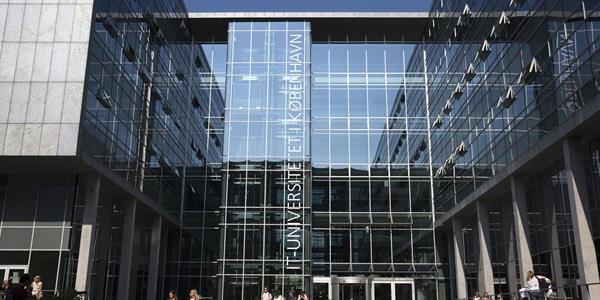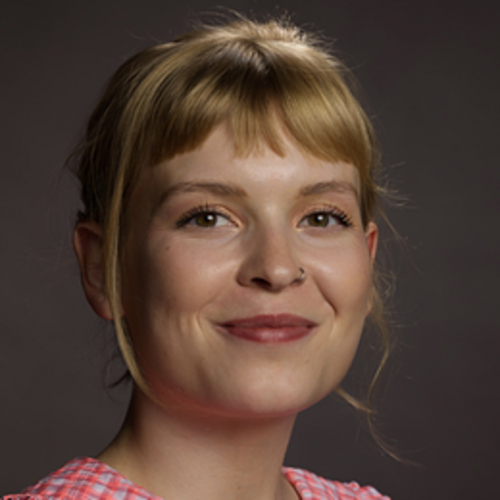European Elections Debate
Ended June, 2024
Voting for the European Elections in Denmark was on June 9th 2024, a somewhat inconvenient time for most students as it was during their exam period. Eitherway the Student Council wanted to remind the students of how important it is to cast your vote and equip them to make an informed decision.
The Student Council approached the Department about the event and we planned it together and it took place in Auditorium 0 and the setup was similar to the National Elections debate. However, we felt that the event would be too crowded with professionals in between the segments so this time it was only the Politicians and the moderator.
The debate was moderated by Therese Moreau, tech journalist and ITU alumnus, who in our opinion did a very good job as she understood that most politicians tend to not know that much about technology. And she made them aware when they might go into matters where they didn’t know what they were talking about.
The event was called: “What role should the EU play in the digital age?”
The panel consisted of:
- Frederikke Hellemann (Enhedslisten)
- Kristine Amalie Rostgård (SF)
- Magnus Barsøe (Socialdemokratiet)
- Sigrid Friis (Radikale Venstre)
- Tobias Marney (Moderaterne)
- Torsten Laksafoss Holbek (Venstre)
- Helle Laursen Petersen (Konservertive)
- Martin Sibast Laugesen (Liberale Alliance)
Event description
Together with well-prepared candidates, we will focus on the digital dilemmas of the EU debate. And there is plenty to tackle. Because digital perspectives permeate the major political issues of the day – from artificial intelligence to climate and security. Let us therefore look at the EU debate through the lens of digitalization. What are the candidates' views on Europe's digital future?
AI, GREEN TRANSITION AND DIGITAL SOVEREIGNTY
The debate will focus on three topics.
1. READY FOR ARTIFICIAL INTELLIGENCE?
The explosive development in artificial intelligence and other digital technologies has the potential to create growth and innovation, but also contains threats and difficult dilemmas. What can the EU do to ensure responsible development, where we both protect citizens and reap the benefits of technology?
2. DIGITAL GREEN TRANSITION
Digitalization is a crucial tool in the green transition of society. Using data and new technology, we can create more efficient resource use and help society adapt to climate change.
What can the EU do to exploit the green potential of digitalisation, from green energy to smarter cities and climate research? And how do we ensure that technology itself becomes green and does not end up emitting more than it benefits?
3. EUROPE'S DIGITAL SOVEREIGNTY
In a highly tense world situation with war on Europe's doorstep and increased uncertainty about alliances and supply chains, it is obvious to ask: Is Europe even the master of its own house?
In the digital area, we are increasingly dependent on technologies developed outside Europe and infrastructure under the control of other countries. What does this mean for Europe's security, and what can we do to ensure increased control and self-determination?
Some complaints and concerns for the future
ITU’s internal communication language is officially in English, so all communications about the event was done in English from the communications department but the Student Council communicated about it in Danish. This resulted in some students believing the event was going to be in English and them being very disappointed when we told them it wasn’t even though some students despite not knowing Danish are eligible to vote on Danish candidates.
The argument for having the debate in Danish was that Danish is an official language in the EU and also the main language of which the political candidates had created their campaigns.
However it could be considered in the future to have another EP elections debate in English.
Another issue was that since the elections were right in the middle of exam period, and to have a valuable debate it was decided to have the event as close as possible to the actual election day; it meant that many students didn’t show interest. And on the day of the event the student council walked around campus asking students to join the event. In the end there were around 50 participants.
The planning of the event was approximately 2 months.
Project coordinators
Project coordinators

